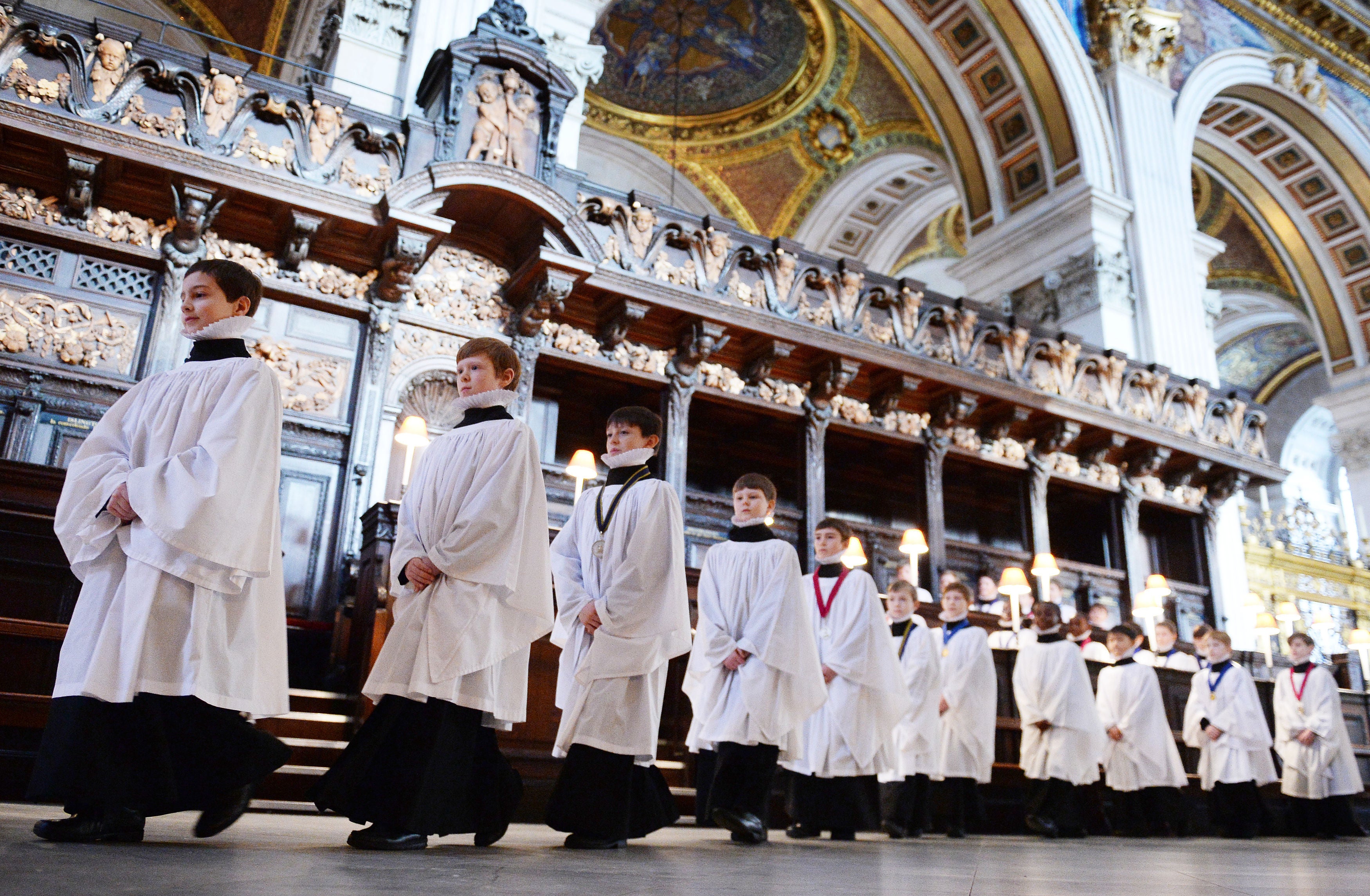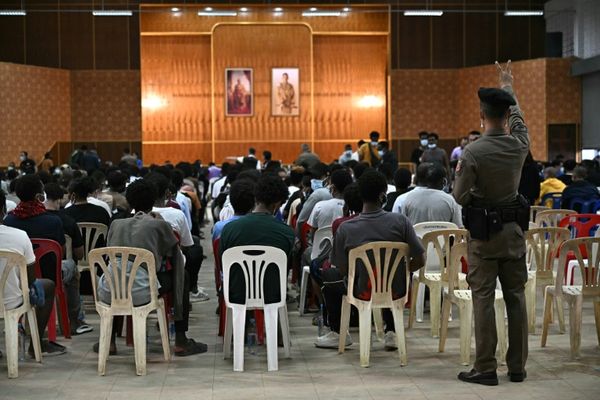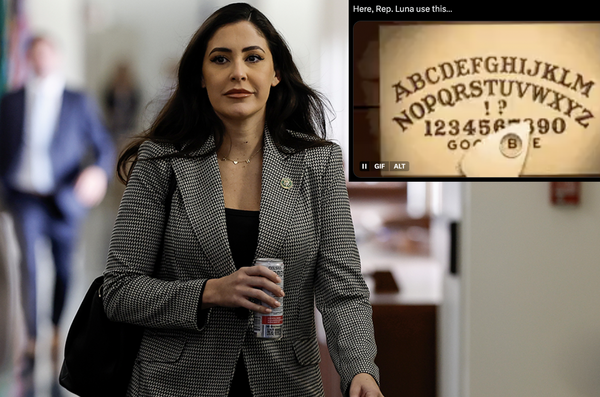
Hindus were served Halal meals, Sikhs confused for Muslims, and Christians were wrongfully arrested because public sector workers don’t understand religious beliefs, a landmark review has found.
The 165-page report by the government’s faith adviser Colin Bloom is the most sweeping review of the government’s relationship with religion in a generation. The study, published on Wednesday after years of delays, found that civil servants lacked an understanding of religion and recommended that all public sector workers be given training.
Examples of religious ignorance noted in the report included police officers who confused Sikhs with Muslims or had raised concerns over the kirpan, a ceremonial sword Sikhs are obliged to carry as part of their religious observance.
In the NHS, patients were pressured to pursue treatment, such as abortion or chromosomal tests during pregnancy, that conflicted with their religious beliefs.
Some patients had also been served the wrong food, with Hindus served Halal meals while others were denied requests for medication that didn’t contain animal products.
Police officers had also asked Sikhs to remove their ‘five Ks’ – five articles of faith that they are commanded to wear at all times.
Mr Bloom called for the government to spearhead a “renaissance of public faith literacy”. He also cited the “enduring lack of diversity among senior civil servants” as a potential reason for the lack of understanding about people’s faith.
The review also noted concerns about police arrests of street preachers and raised the case of a Christian who received a £2,500 payout for wrongful arrest after he was accused of Islamophobia.
“The amounts of taxpayer money and public resources that have been wasted on wrongful arrests, judicial proceedings, and compensation highlights the need for improved faith literacy among policing authorities,” Mr Bloom wrote.
Health workers also failed to understand the importance of a Sikh’s turban in palliative situations and during post-mortem examinations. One respondent said about NHS workers: “They were asking Sikh men with beards to trim their beards at the start of the pandemic so that PPE would be able to fit them, and I was asked by some leading figures within the regulatory bodies as to why Sikh men couldn’t simply just have a trim rather than having to spend money on specialist equipment for them.”
Some NHS staff also said that they were unable to express their religious identity at work and their faith was made to feel “irrelevant”.

Mr Bloom recommended that the government “take steps to ensure that everyone on the public payroll, including civil servants in Whitehall and local councils, NHS and public health staff, teachers in schools, colleges and universities, and police, prison and probation officers, are provided with consistent, quality faith literacy training.”
The review also found that Christians were feeling increasingly marginalised for their faith. Some 53 per cent of respondents of the review thought that freedom of religion or belief was under threat. However, this was notably higher among Christians at 68 per cent.
“Many Christian respondents said they no longer feel able to be who they are in public or at work, after experiencing the dismissal of traditional religious beliefs and practices,” Mr Bloom wrote. He added that Christian respondents consistently raised fears about being “no-platformed” for their beliefs.
The review also called on government to do more to crack down on forced marriages. “We need root-and-branch reform of how forced and coercive marriage is tackled by the government”, Mr Bloom wrote.
It also said Jewish yeshivas, Muslim madrassas, and other institutions that operate “like a school” must be registered and inspected.
Chief executive of Humanists UK, Andrew Copson, said the report “simply hasn’t recognised the UK for what it is: a largely non-religious nation whose non-religious population contribute just as much to society as the religious.”
Rev Malcom Brown, from the Church of England, said: “We welcome the recognition in the report of the need for religious literacy and a greater public understanding of the major world faiths.
“It is a fact that the majority of people in England Wales identify with a religion, so faith is not a minority pursuit.”
A spokesperson for the Jewish Leadership Council said: “The report also highlights the risks to the Jewish community posed by a minority of extremists. We will continue to work with government to protect the interests of the Jewish community.”
The report was commissioned by Boris Johnson in 2019 and received 21,000 evidence submissions.







